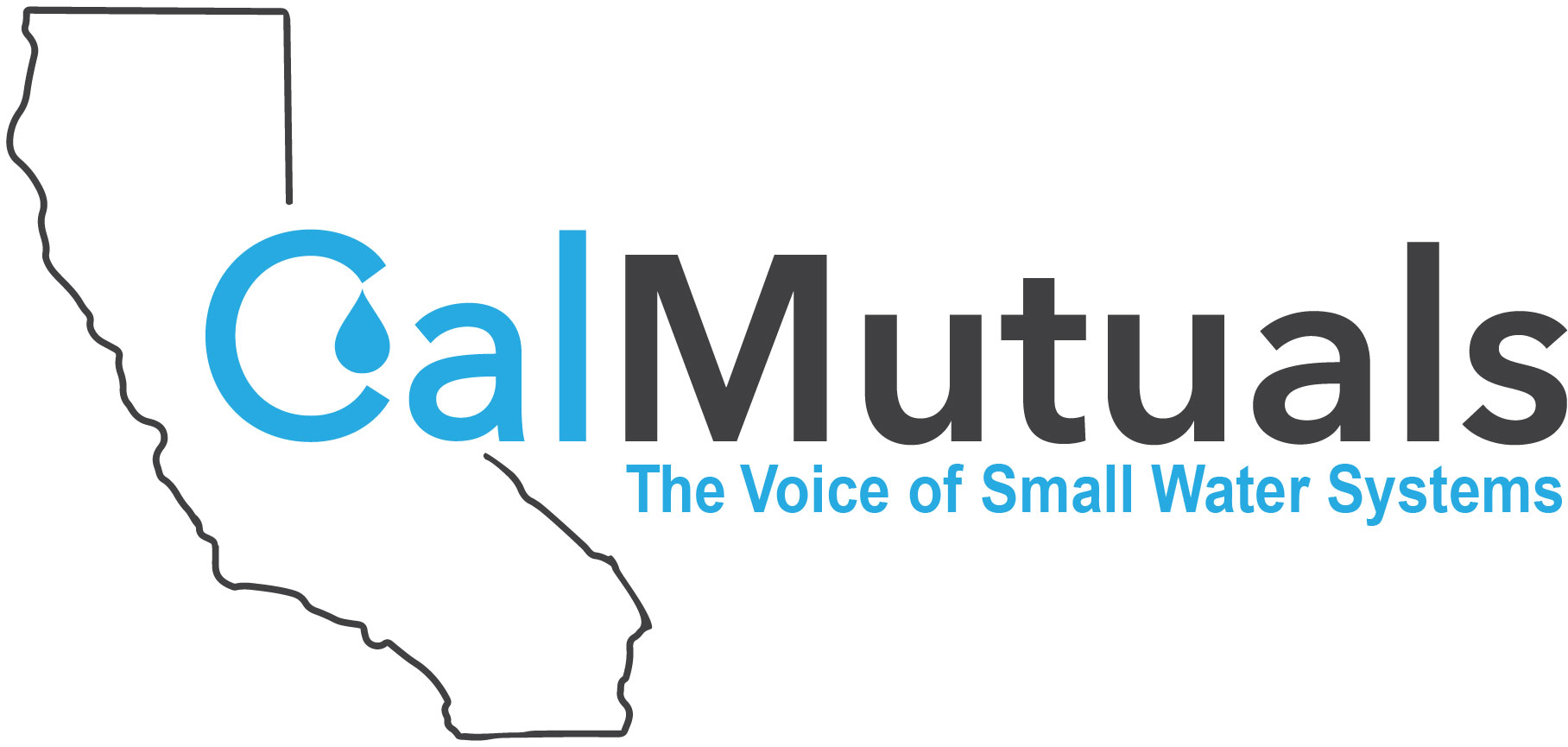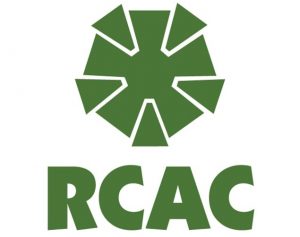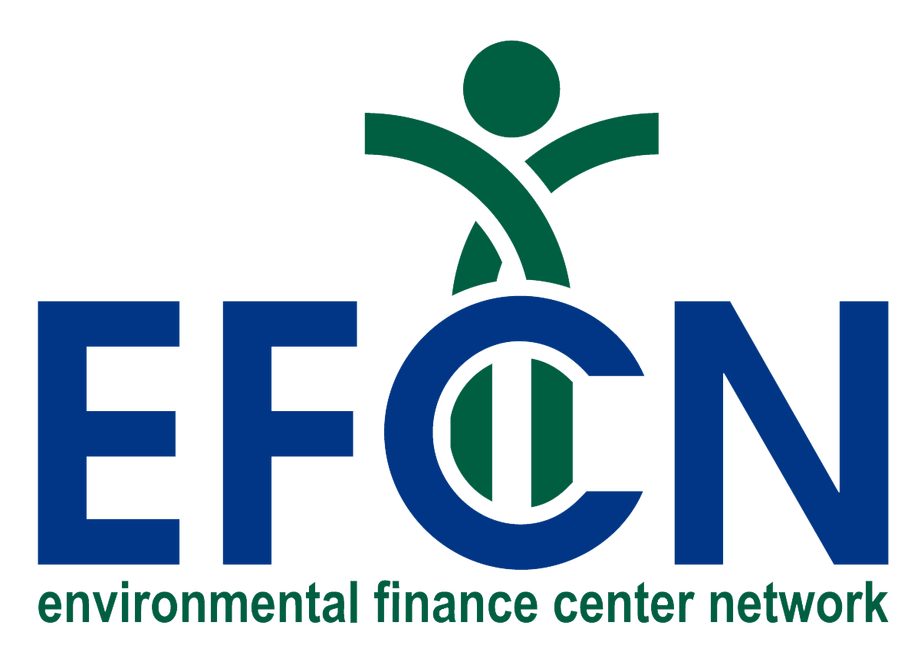RCAC: MHI as a Management Tool
Webinar OnlyMHI as a Management Tool Date & Time: August 18, 2022 | 2:00 - 4:00PM Description: If your water system plans to apply for funding for future infrastructure projects, then this session is for you! This presentation is designed to help your system develop a sustainable capital improvement plan (CIP) that will prepare you for funding opportunities. It will help you to understand how census data is used to determine your system's eligibility for grants and low interest loans from state and federal funding agencies. Learn how an income survey could benefit your system and funding eligibility. This is a free training. Participants will learn: How to determine if your system could benefit from an income survey How to plan better by using census data in your CIP planning stage How you can avoid having to implement large rate increases to obtain funding To understand how funders determine grant eligibility Recommended Audience: Operators, managers, and board members. Location: This training will be hosted online on GoToTraining. Registration: You must be registered prior to the date of the close of registration to receive credit. https://www.events.rcac.org/assnfe/Cart.asp?Mode=SAVENEWCRS&mlUtil_EventID=3243&mlUtil_FeeID=3079&PID= Accreditation: 2 California Drinking Water Contact Hours units awarded



